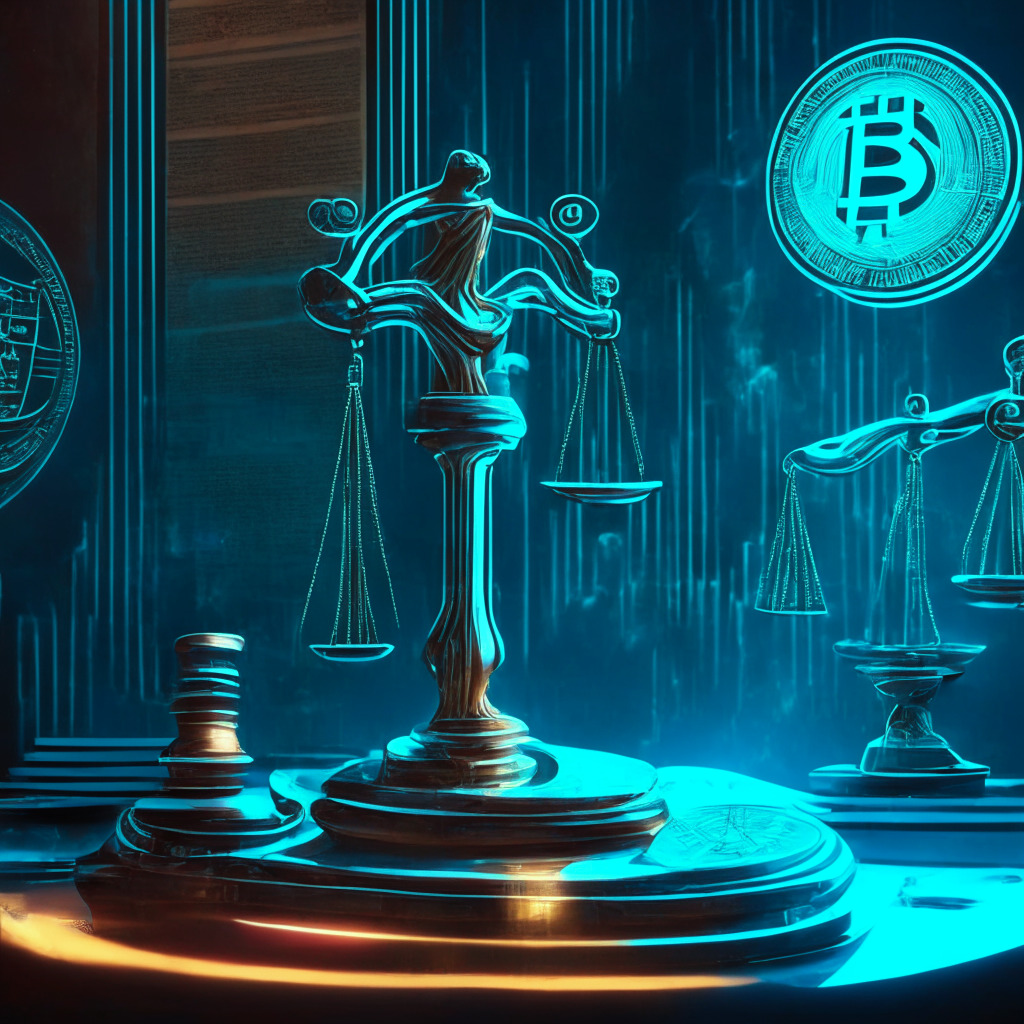The recent collapse of the once-prominent cryptocurrency exchange, FTX, has sparked discussions around the potential of implementing more stringent regulation in the crypto market. Sandra Lee of the Financial Stability Oversight Council (FSOC) believes that the disaster could have been prevented had a report published by the council last fall been carefully analyzed.
FTX, which filed for bankruptcy in November, had been misusing customer funds to cover its trading arm Alameda Research’s losses due to risky trades and a bear market caused by the earlier collapse of Terra. Former CEO Bankman-Fried is now facing 13 criminal charges, including wire fraud and conspiracy to commit money laundering, which has prompted US regulators to increase their crackdown on crypto firms.
The FSOC, established in 2010, comprises fifteen members representing top financial regulators, such as the Fed, the SEC, and the CFTC. Its primary objective is to identify emerging risks to the US financial markets and make policy recommendations. Lee claims that the issues highlighted in the October report are consistent with the problems faced by FTX, such as market integrity issues impacting consumers before regulation.
Additionally, Lee asserts that the FSOC had already suggested measures that could have helped, including ensuring supervisors and regulators have visibility into affiliates and subsidiaries of crypto companies.
The October report, which was released in response to President Joe Biden’s executive order emphasizing responsible development of digital assets, identified four key issues with the crypto market: amplified instability within the ecosystem, prices driven by speculation rather than fundamental economic utility, significant and widespread declines, and tokens associated with entities characterized by risky business profiles and obscure capital and liquidity positions. These descriptions can be seen as relevant to FTX’s native FTT token.
The downfall of FTX began with a bank run on the FTT token when rival Binance CEO Changpeng Zhao announced his intention to liquidate his exchange’s entire FTT holdings. As the price of FTT plummeted, it was revealed that FTX was heavily overleveraged. Within a week, the firm had filed for bankruptcy and affected almost 130 affiliated companies. This disastrous outcome has highlighted just how crucial it is for proper regulations to be in place in the crypto industry.
As we observe the outcome of the FTX collapse and the tightening of regulations on crypto firms, it’s essential to consider two sides of the coin – the need for stable regulatory oversight and the importance of protecting innovative freedom within the industry.
Source: Decrypt




